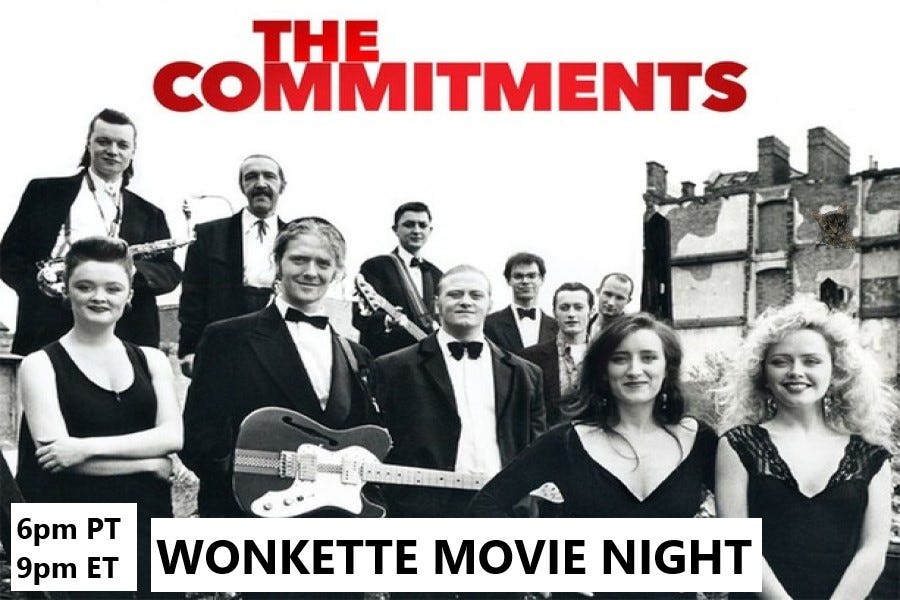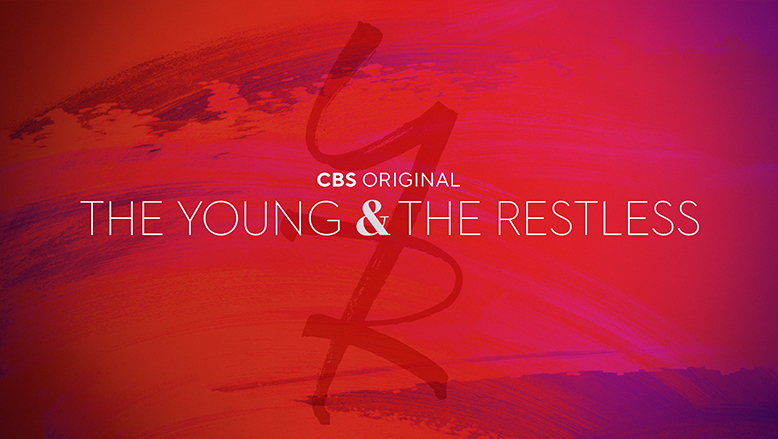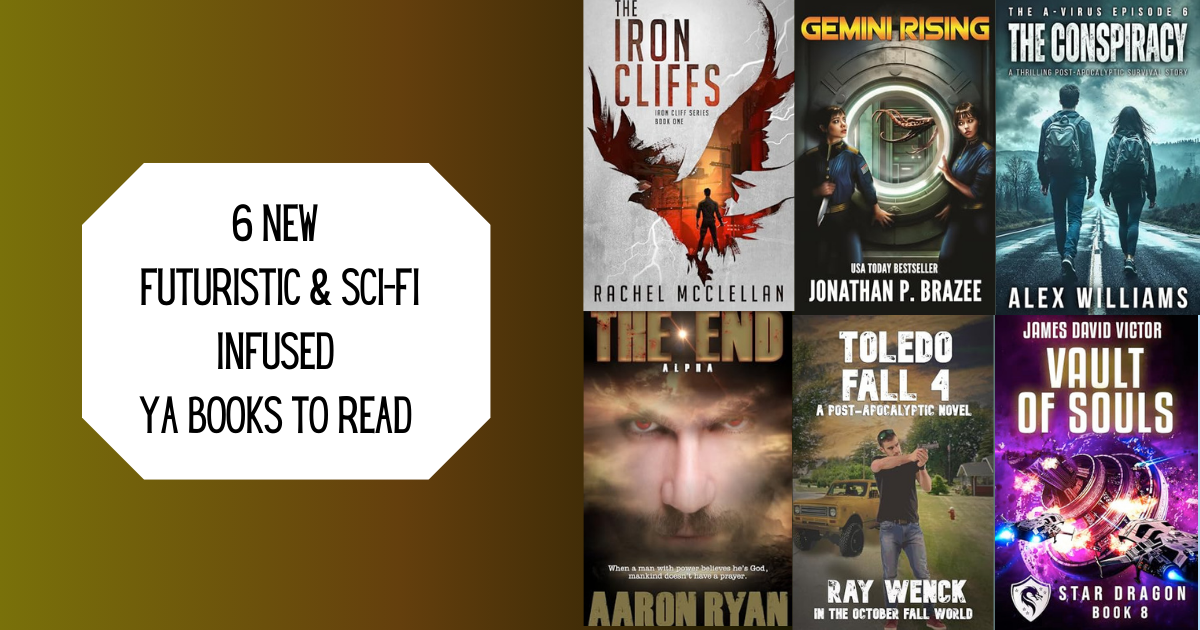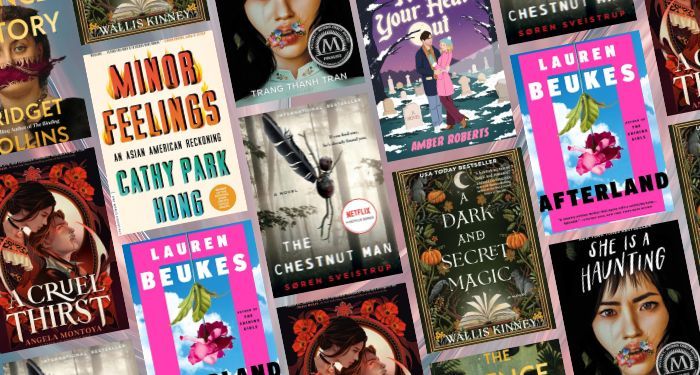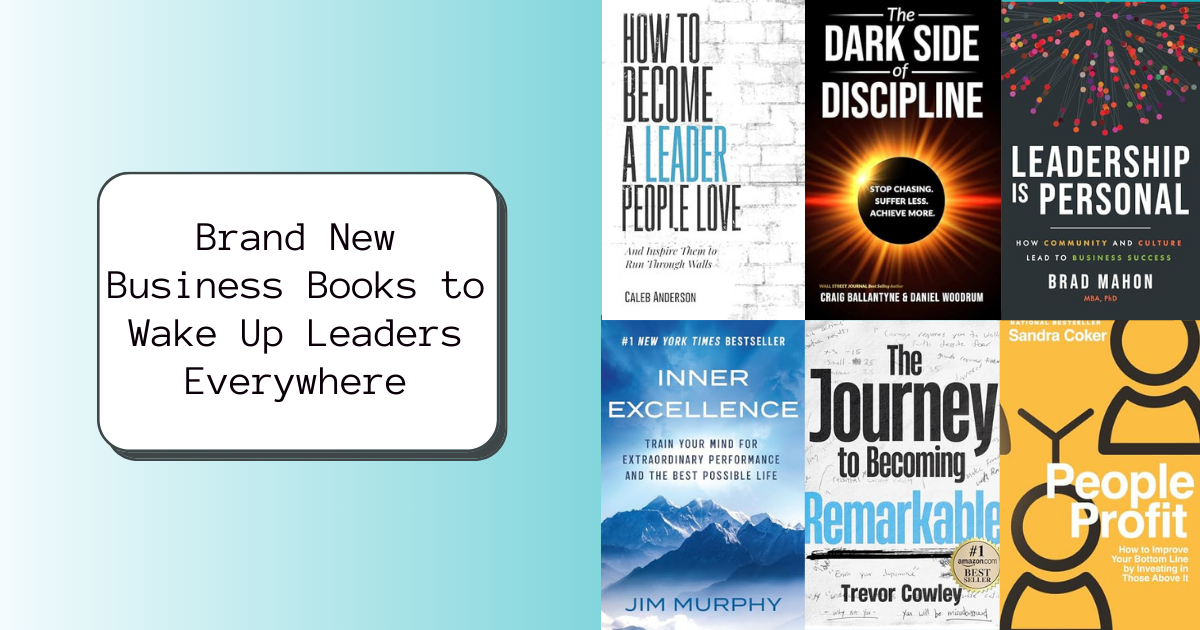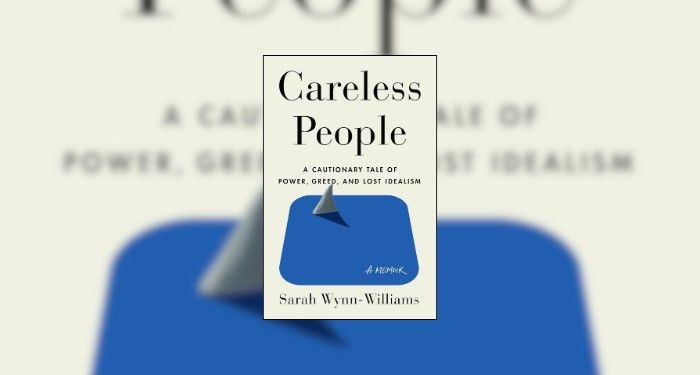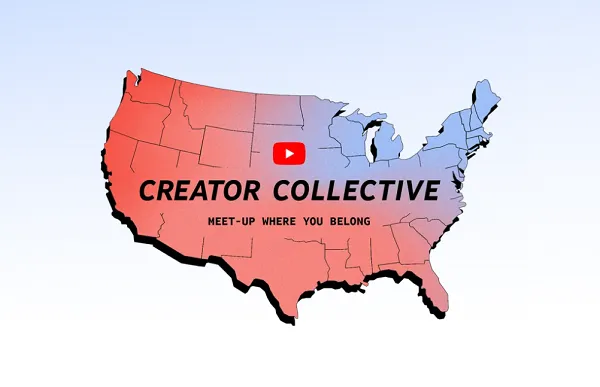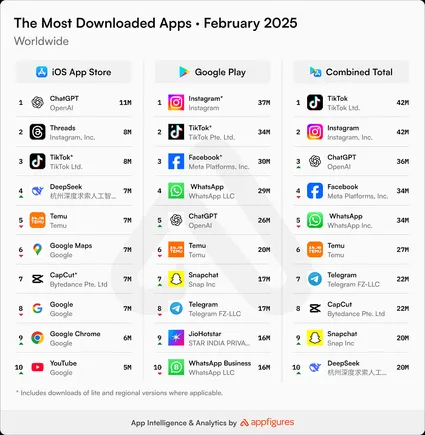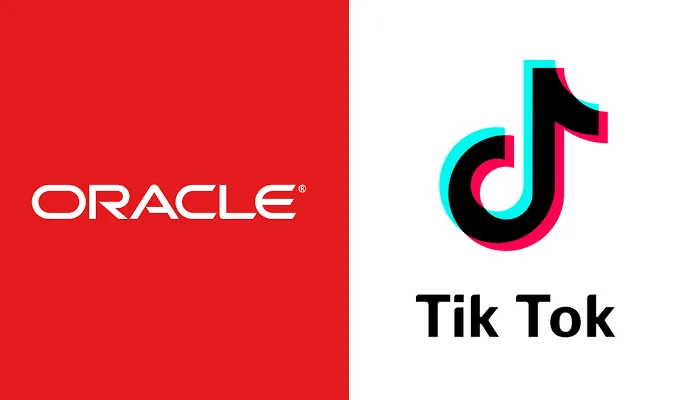ChatGPT is great for a lot of things, but it won’t win you the search engine wars. The kickoff of the ChatGPT frenzy last year was Microsoft’s announcement it was adding the generative AI chatbot to its search engine Bing.
This was seen as a direct challenge to Google’s domination of the search engine market. While ChatGPT (and genAI in general) soared, Bing’s numbers remained unchanged. So this week, MS is rebranding Bing Chat to CoPilot, a name now in use in many other products from the company. Confused yet?
Microsoft’s big mistake was thinking advanced new technology could beat Google’s true advantage in this area: Money. In 2021, Big G paid $26.3 billion to a number of tech and mobile phone companies so that it would be the default search engine on their web browsers.
Tech comes and goes, but cash is forever.
Now, here are this week’s new AI-powered martech products, features and enhancements.
- ChannelMix Marketing Impact Modeling uses AI to optimize media mix modeling, especially in the absence of third-party cookies. It provides automated media planning, predictive modeling and real-time recommendations.
- Making Science’s Trust Generative AI integrates capabilities from Google and OpenAI and proprietary data to securely store, validate and optimize outputs from generative platforms, creating relevant content.
- CallMiner added an in-platform conversational assistance help bot, omnichannel AI-based contact summarization, and more. Enhanced features include semantic search, expanded agent guidance to chat via CallMiner RealTime, improved user experience in CallMiner Coach, and updated reporting dashboards for enterprise-wide visibility.
- NewsBreak’s Maximize Conversions is a new bidding strategy in its ad platform that uses Advanced AI, historical performance data, and contextual signals to maximize the number of conversions an advertiser gets while staying within their daily budget.
- Intellimize’s AI-powered Account-Based Marketing experiences (ABX) allow marketers to orchestrate personalized experiences across every touchpoint in the buyer’s journey.
- Dstillery’s new Connected TV (CTV) solution uses AI and applies its patented ID-free technology to reach priority audiences more effectively.
- Lytics’s Lytics Interest Engine uses AI tools, including Google Vertex AI for Natural Language Processing (NLP), to create robust topic graphs that link profiles to real-time interests for seamless ad targeting across every major ad network.
- Messagepoint’s AI-powered Assisted Authoring now supports translation into over 80 languages and suggests content rewrites to align communications with the ISO standard for plain language.
- Siteimprove’s AI Generate is a website content optimizer that provides SEO content suggestions to enhance content. It analyzes created content and offers improvements to boost SEO performance, integrates high-impact keywords, checks web content for tone, engagement readability, and more, helping marketers maintain a consistent brand voice across all content experiences.
- Mnemonic AI’s Digital Twin of the Customer generates insights into customer behaviors, enabling businesses to tailor experiences and interactions. It allows instant adaptation to changing customer needs and preferences, anticipates future behaviors and trends, and drives personalized interactions across various touchpoints based on a deep understanding of each customer.
function getCookie(cname) {
let name = cname + “=”;
let decodedCookie = decodeURIComponent(document.cookie);
let ca = decodedCookie.split(‘;’);
for(let i = 0; i <ca.length; i++) {
let c = ca[i];
while (c.charAt(0) == ' ') {
c = c.substring(1);
}
if (c.indexOf(name) == 0) {
return c.substring(name.length, c.length);
}
}
return "";
}
document.getElementById('munchkinCookieInline').value = getCookie('_mkto_trk');
The post The latest AI-powered marketing tech releases appeared first on MarTech.








